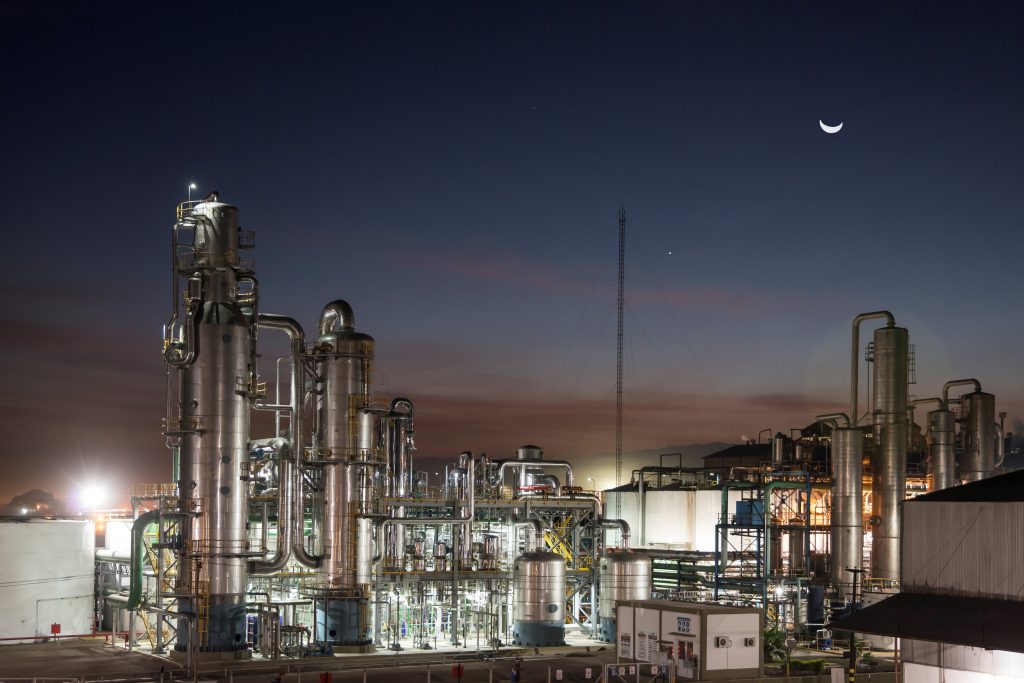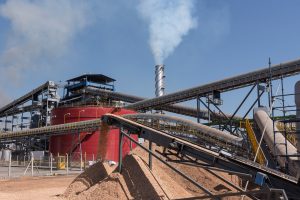11th June 2019

An Argentine mill has become the country’s first to achieve Bonsucro certification for ethanol production from sugarcane. Seaboard Energías Renovables y Alimentos SRL, achieved compliance with Bonsucro’s Production and Chain of Custody Standards in October 2018.
Seaboard Energías Renovables y Alimentos, which is located in Oran, northern Argentina, is a subsidiary of Seaboard Corporation. the agroindustry and renewable energy group. Apart from ethanol, the mill also produces sugar, alcohol, electricity and organic fertilisers.
The mill has certified 70% of its supply area, a significant achievement for their first year of certification. The company is a leading supplier of bioethanol in Argentina’s biofuels programme, and received support for their certification work from longstanding Bonsucro member, Shell.
According to Jorge Alsina, Director of Operations at the mill, Bonsucro was a natural choice for the mill, as it satisfies the needs of their clients, and importantly reflects the company’s commitment to sustainability, social welfare, environmental care and continuous improvement. “Seaboard Energías Renovables y Alimentos is a pioneering company and protagonist of the development that has opened up a new era of biofuels in Argentina, being the first and largest producer of bioethanol”, says Jorge.
Collaboration in action
 Jorge is proud of the mill’s multidisciplinary team, who have worked hard to position it as a leader in their industry and market by embracing challenges, and adapting well to change. He stresses the importance of working with partners who understand your business, sustainability and the Bonsucro Standards. Seaboard Energías Renovables y Alimentos worked closely with Peterson Argentina to prepare the mill for certification, working with them for a year in preparation for their audit.
Jorge is proud of the mill’s multidisciplinary team, who have worked hard to position it as a leader in their industry and market by embracing challenges, and adapting well to change. He stresses the importance of working with partners who understand your business, sustainability and the Bonsucro Standards. Seaboard Energías Renovables y Alimentos worked closely with Peterson Argentina to prepare the mill for certification, working with them for a year in preparation for their audit.
Shell International welcomed the mill’s achievement: “We were very pleased to see Seaboard Energías Renovables y Alimentos become fully Bonsucro certified in 2018. They are the first ethanol producer in Argentina to do so and has in the past been an important supplier of cane ethanol to Shell in Argentina”, said Michelle Morton, Shell International’s New Fuels Sustainability Manager, New Energies, London. According to Michelle, they promoted Bonsucro certification despite it going beyond what is required in Argentina: “We used their ethanol to blend with our gasoline in Argentina for domestic use. Even though the regulations in Argentina do not require this certification, we have been encouraging our suppliers to become Bonsucro certified for many years. Shell supports robust multi-stakeholder sustainability groups such as Bonsucro for sugarcane, RSPO for palm oil and RTRS for soy oil.”
Implementing changes
During the certification process, Seaboard instituted some important changes to their business in order to better comply with the Production Standard. These changes largely centred around employee wellbeing and instating an integrated environmental management plan for the mill. A fourth shift in their work schedule was introduced to comply with the maximum hours of work and overtime allowed by the Standard. Additionally, the mill has piloted innovations proposed by employees that have led to important improvements in the production process.
Significance of Bonsucro certification
Hugo Rossi, CEO of Seaboard Energías Renovables y Alimentos, emphasised the match between the company’s sustainability goals and the values of the Bonsucro Standards: “The principles of Bonsucro are very much in line with our mission – to develop an environmentally, economically and socially sustainable agribusiness.” See an interview with Hugo here.
Seaboard is looking forward to promoting their sustainable, certified product to new markets, while continuing to service the needs of their existing clients. They are proud to be known for as a business which is showing continuous improvement, and are aiming to maintain this reputation by consolidating their sustainability model. “Our next steps are to continue consolidating our sustainability model, always focusing on the process of continuous improvement which the company has been carrying out for many years now”, says Jorge. “To Seaboard, this means continuing to uphold our values of integrity, excellence, diversity and inclusion, respect for people, innovation, care of the environment and natural resources, along with quality of services and products to the client.”
Want to know more?
- Contact Bonsucro to find out more about the certification.





